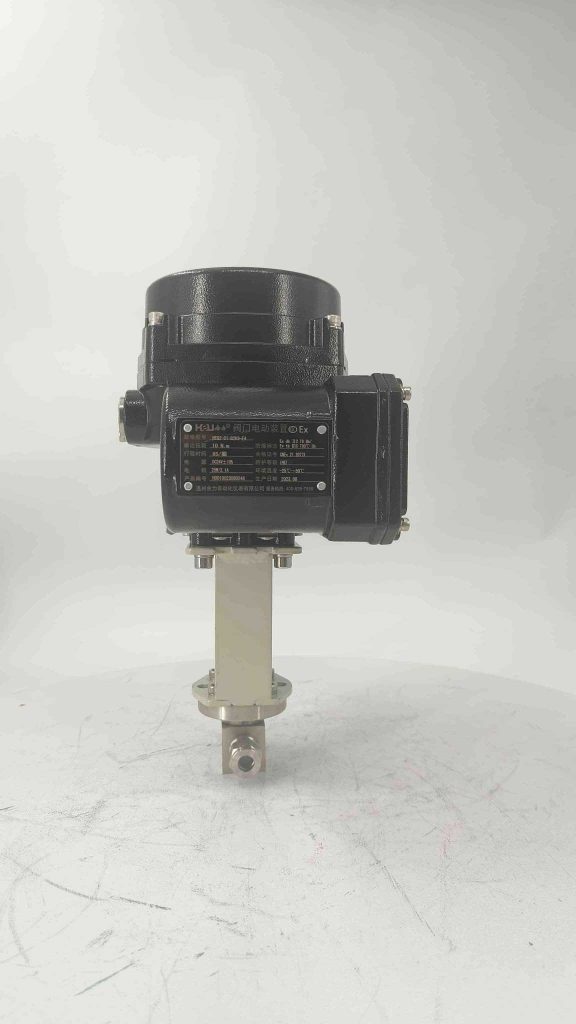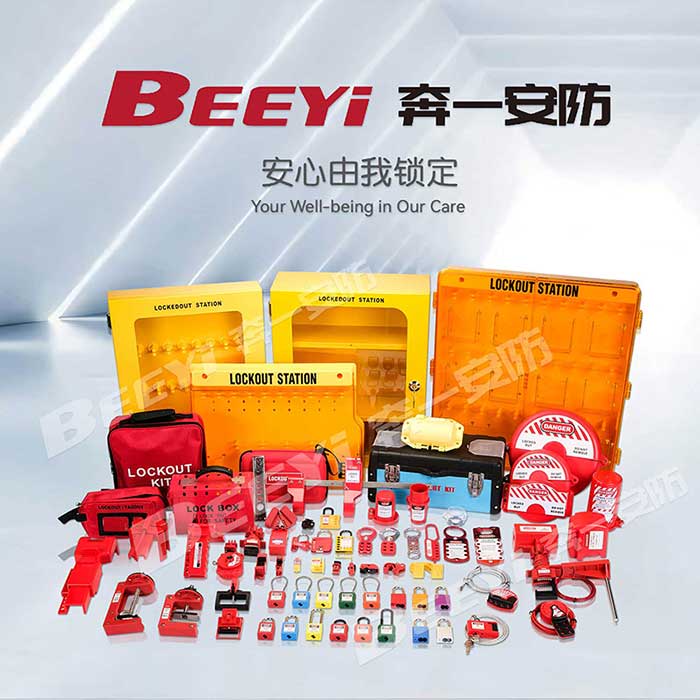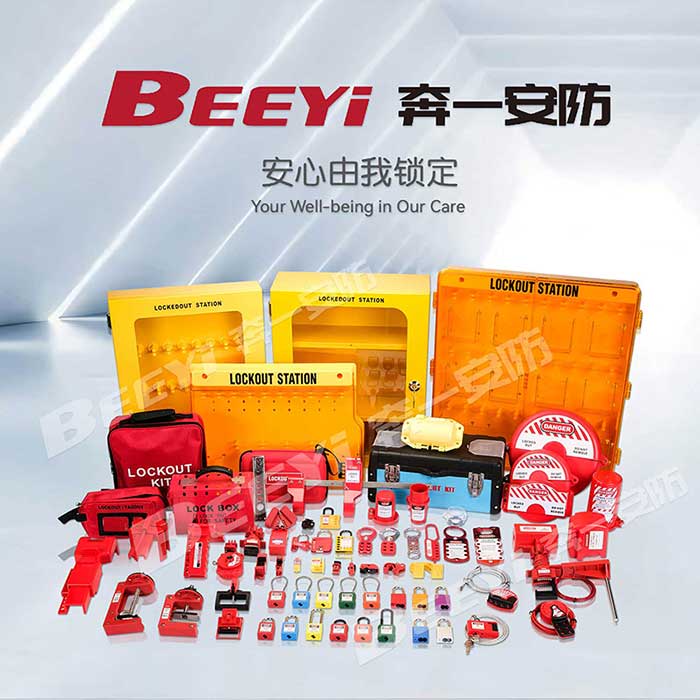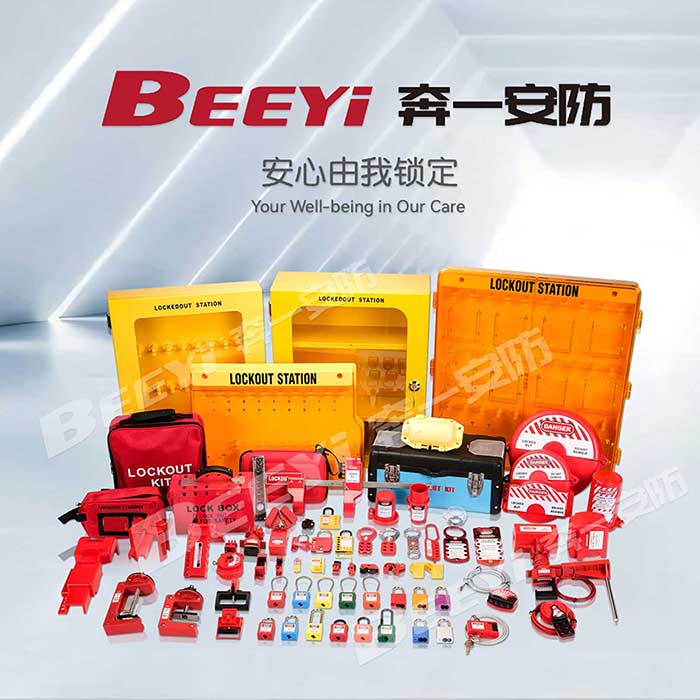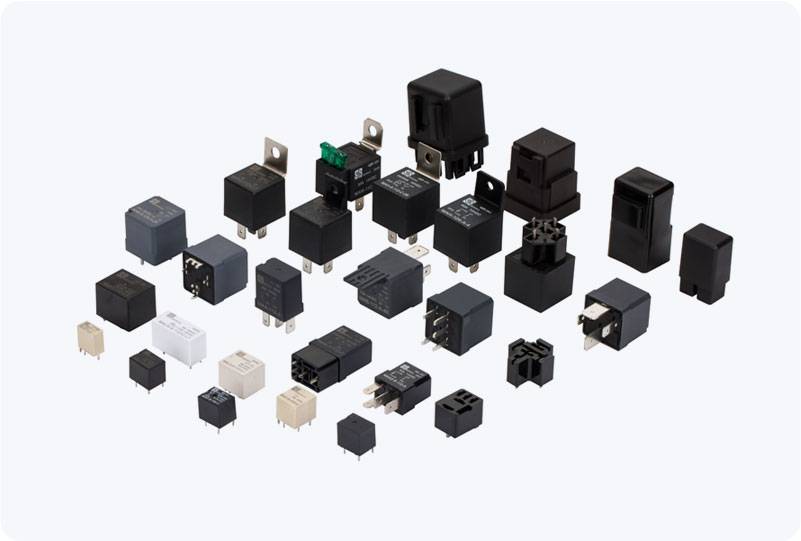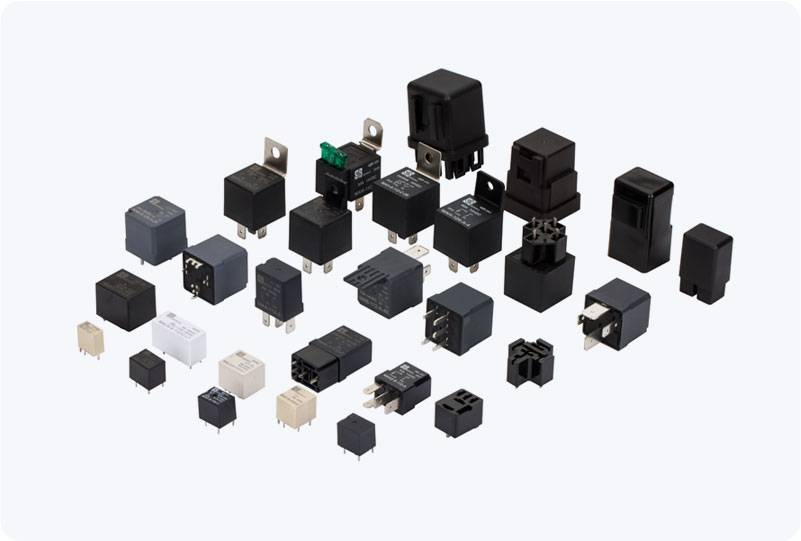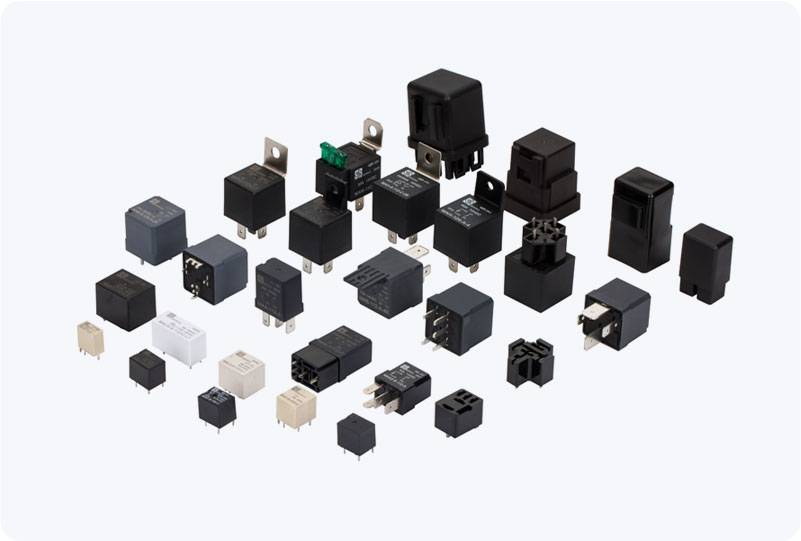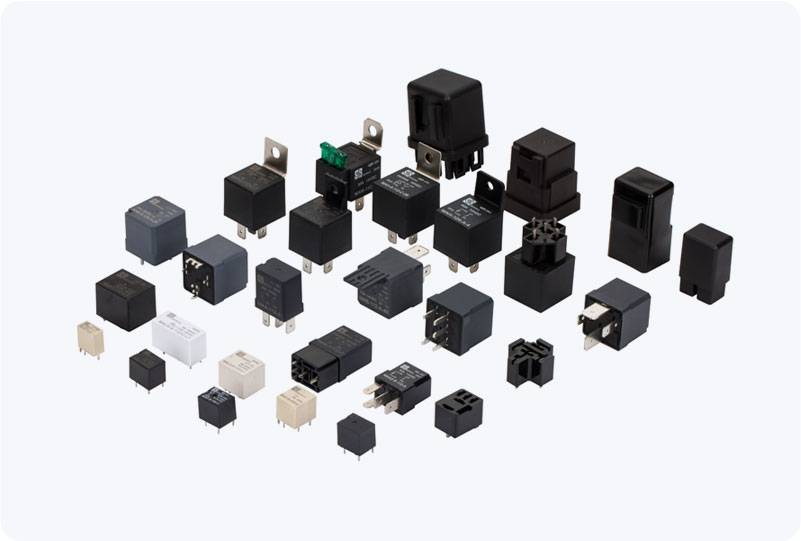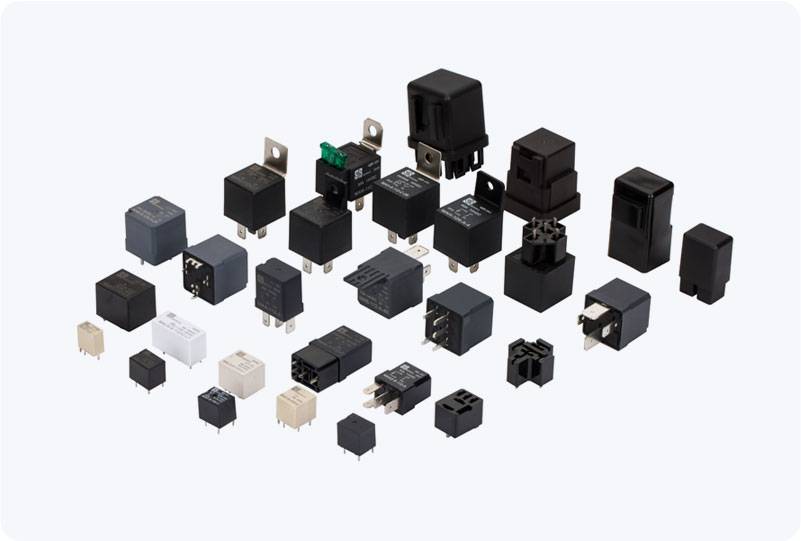Explosion-proof electric valves are an essential component in industries where the risk of explosion is a constant concern. These valves are specifically designed to operate in environments where flammable gases, liquids, or dust could lead to dangerous situations. As the world continues to rely on automation and sophisticated control systems, ensuring the safety of both equipment and personnel has never been more critical. The explosion-proof electric valve plays a pivotal role in safeguarding operations in sectors such as oil and gas, chemicals, pharmaceuticals, and mining.
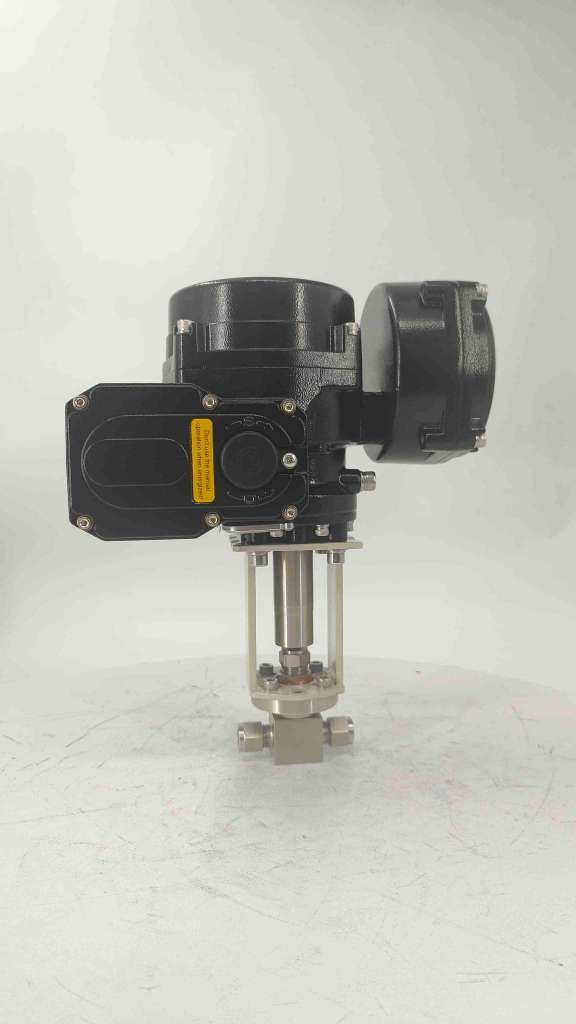
Design and Functionality
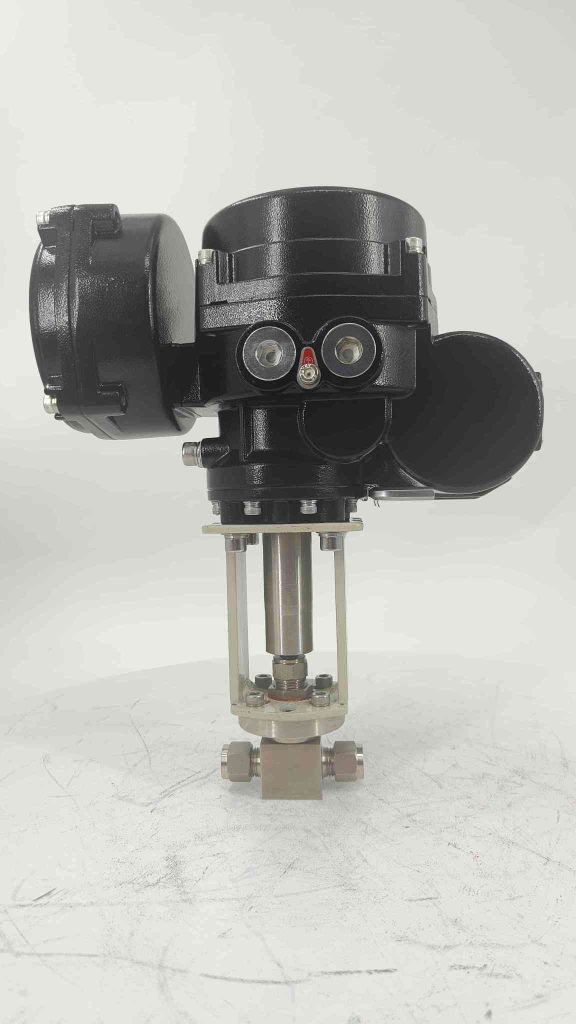
At the core of the explosion-proof electric valve is its robust and safe design. The valve consists of a mechanical valve body and an electric actuator, both of which are housed in explosion-proof enclosures. The primary purpose of these enclosures is to contain any sparks or heat generated during operation that could ignite the surrounding hazardous materials. This containment ensures that even in the event of an internal fault, such as an electrical short or malfunction, there is no risk of triggering an explosion. Explosion-proof electric valves are built to meet specific international standards such as ATEX (for the European market) and UL (for the U.S. market). These standards ensure that the valve components can withstand the dangerous conditions present in explosive atmospheres. The certification process for explosion-proof valves is rigorous and requires them to undergo extensive testing to ensure their safety and performance in extreme environments.
